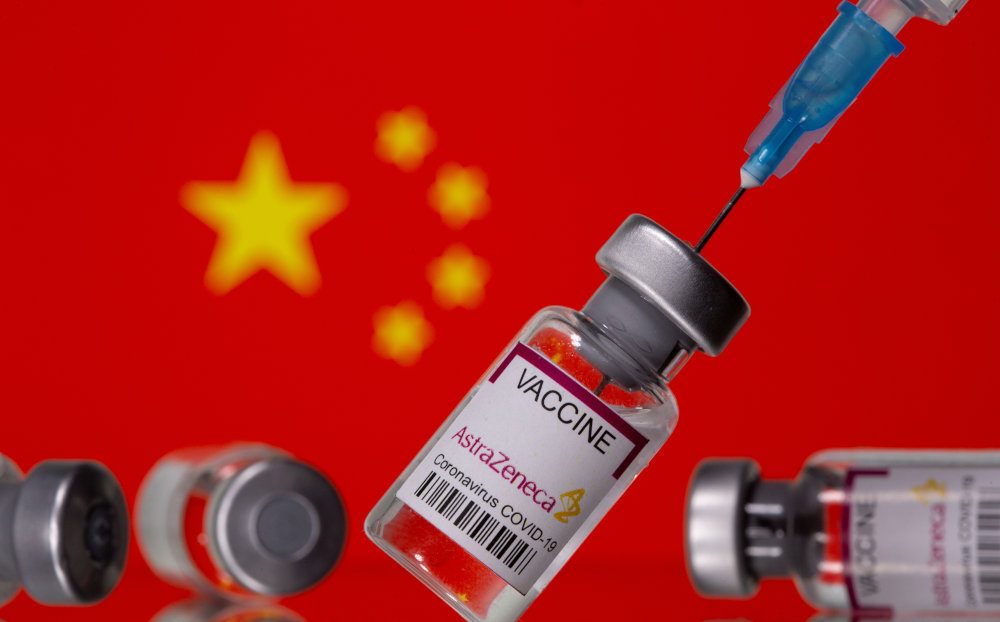SUMMARY
This is AI generated summarization, which may have errors. For context, always refer to the full article.

China has expanded the number of digital tools available to fight the pandemic by debuting the world’s first vaccine passport regime, which rolled out on Monday, March 15. Available on the omnipresent super-app WeChat, it’s designed to track the health, testing and vaccination status of those entering and leaving China.
“We will take care to fully protect personal privacy and contribute to the mutual recognition of nucleic acid test results and vaccination records,” Foreign Minister Wang Yi said in a statement on Sunday. But human rights groups have raised concerns that the vaccine passport may become an extension of China’s already vast digital surveillance program which has ramped up since the beginning of the pandemic in 2020.
The big picture
Ordinary life in China is already punctuated by continuous COVID-19 checkpoints. Since February 2020, Chinese citizens have had to use digital “health codes,” available on a variety of platforms including WeChat and AliPay, as well as government-built platforms, to gain access to public transport, shops, restaurants and malls. Scannable QR barcodes show up in a traffic light system of colors. Red means the user must immediately go into two-week quarantine; amber means someone may have to stay home for a week; green allows citizens to move about freely.
This week, state media announced that the codes had been used 40 billion times by Chinese citizens.
“The health code is like a digital identity card now,” a commuter in Hangzhou told China’s People’s Daily outlet this week.
The system is available on both of China’s Alipay and WeChat apps, which each have around a billion users in China. The platforms both already work closely with the Chinese government to collect data and censor citizens. A recent investigation by the New York Times found the health code software was surreptitiously sending people’s location data to the police.
“COVID has entrenched such abusive data collection practices in people’s daily lives, without people having a say in the matter or the opportunity to push back on their implementation,” said Maya Wang, a senior China researcher at Human Rights Watch.
Why it matters
The additional rollout of a vaccine passport has caused concern among privacy campaigners – like the health code, the passport is tied to WeChat, which has close links with the government’s surveillance and censorship program. In order to travel, “people will have no choice but to hand over their personal and health information to WeChat,” said Wang, “not knowing if and how much of this data is going to be shared with other entities, including the authorities.”
So far, the vaccine passport is only available to Chinese citizens, and is not mandatory. But Beijing has been pushing for the international expansion of health codes for months, with President Xi Jinping calling last November for a “global mechanism” to “further harmonize policies and standards and establish ‘fast tracks’ to facilitate the orderly flow of people.” – Rappler.com
Isobel Cockerell is a reporter with Coda Story. A graduate of Columbia Journalism School, she has also reported for WIRED, USA Today, Rappler, The Daily Beast, the Huffington Post and others.
This article has been republished from Coda Story with permission.
Add a comment
How does this make you feel?


![[Time Trowel] Evolution and the sneakiness of COVID](https://www.rappler.com/tachyon/2024/02/tl-evolution-covid.jpg?resize=257%2C257&crop=455px%2C0px%2C1080px%2C1080px)


There are no comments yet. Add your comment to start the conversation.